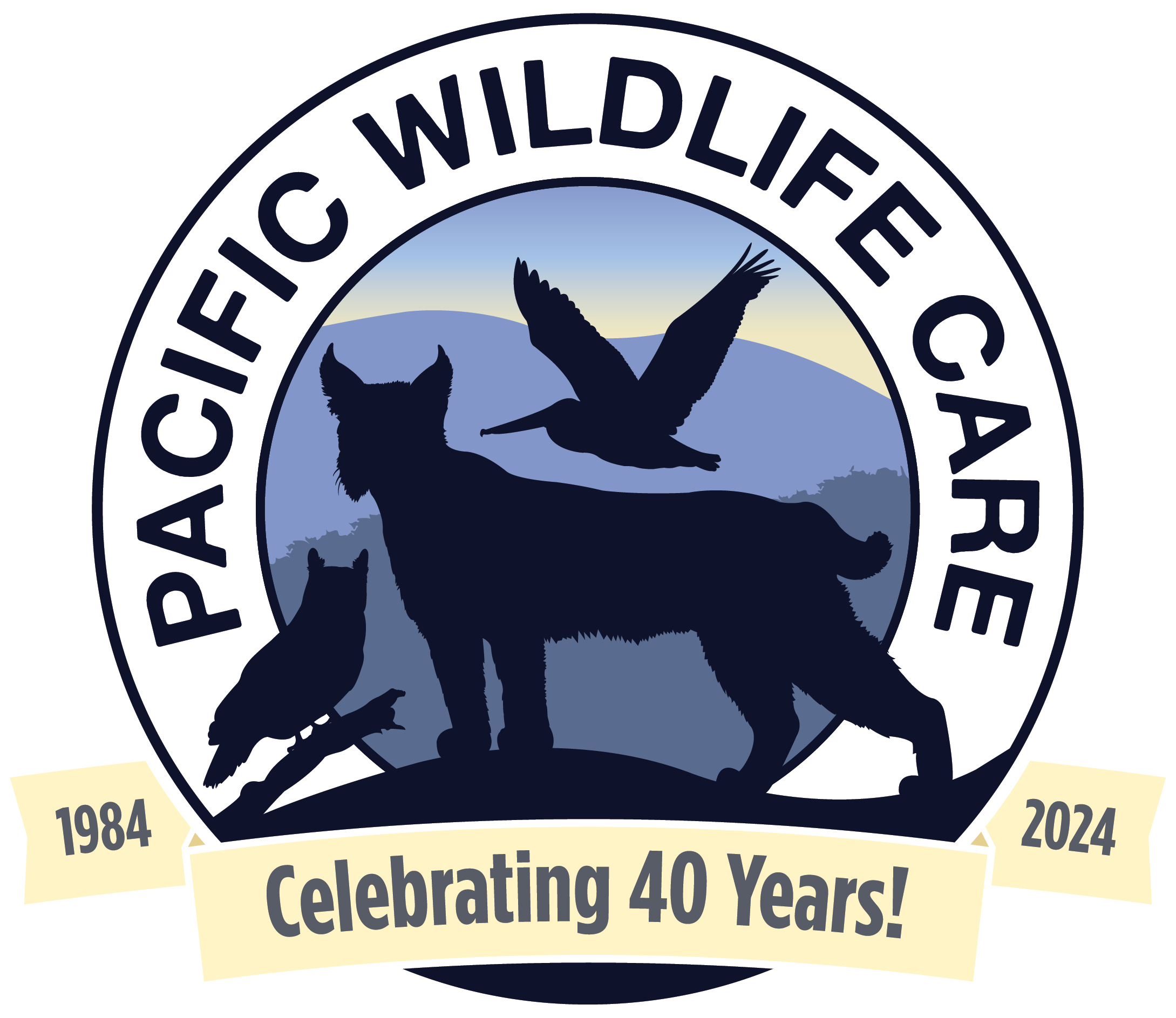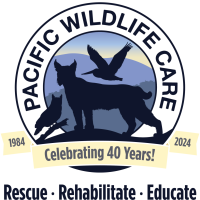The Summer of Baby Bats
In the sweltering July heat, baby Mexican Free-tailed Bats dropped to the ground like unripe fruit. These tiny mammals need warmth but not temperatures well over 105 degrees. For days in Bakersfield, it reached 120. As the temperatures soared, biologist Brooke Stutz and bat biologist Erika Noel knew to search the ground under the bats’ roost, where the same had happened a year earlier. This year, the heat came early.
A vital part of the ecosystem in the agricultural Central Valley, bats consume their body weight or more in insects each night. A colony of 150 devours over a million insects each year. The Bakersfield roosting site was a maternity ward for nursing babies and their mothers. When Stutz reached the site, the scene was heartbreaking, “like something out of a Stephen King novel,” she says. Hundreds of tiny bats, living and dead, were all over the ground.
Noel and Stutz collected as many of the living as they could and started to make phone calls. The local wildlife rehabilitation center, California Living Museum, had closed in 2020, so it was critical to find other licensed rehabilitation centers to take in the babies. Centers throughout California stepped in to accept them, among them PWC, taking in thirty-nine.

PWC’s bat rehabilitator, Melinda Alvarado, spearheaded the effort. Passionate about bats and their significance in the ecosystem, Alvarado is brought to tears of frustration with ongoing habitat destruction, pesticide use, and denial of climate change, all leading to sharp declines in bat populations.
Determined to save as many as possible, she first did the math, mentally dividing the pups among the only nine staff and volunteers (besides herself) with the requisite pre-exposure to rabies. Then she gathered supplies and arrived at the clinic to dispense them and give a primer on the challenging care of multiple bat pups.
The work of homecare is time-consuming. The pups need to be kept warm and in proper housing. They need to be fed formula around the clock, in painstaking detail for their specialized eating habits. During the course of their care and rehabilitation, and as the pups develop teeth and begin growing fur, Alvarado will adjust their diet a number of times in order to bring them to their self-feeding stage of a healthy diet of insects. To everyone’s great relief, this will mean the ability to sleep through the night! The commitment of time is enormous and takes a toll, especially when most of these home caregivers already have a full schedule in a season when the PWC clinic is overflowing with 20% more patients than this time last year. If you would like to contribute to this effort and all the other work in baby season, please know how welcome and vital your donations are.
Pam Hartman





